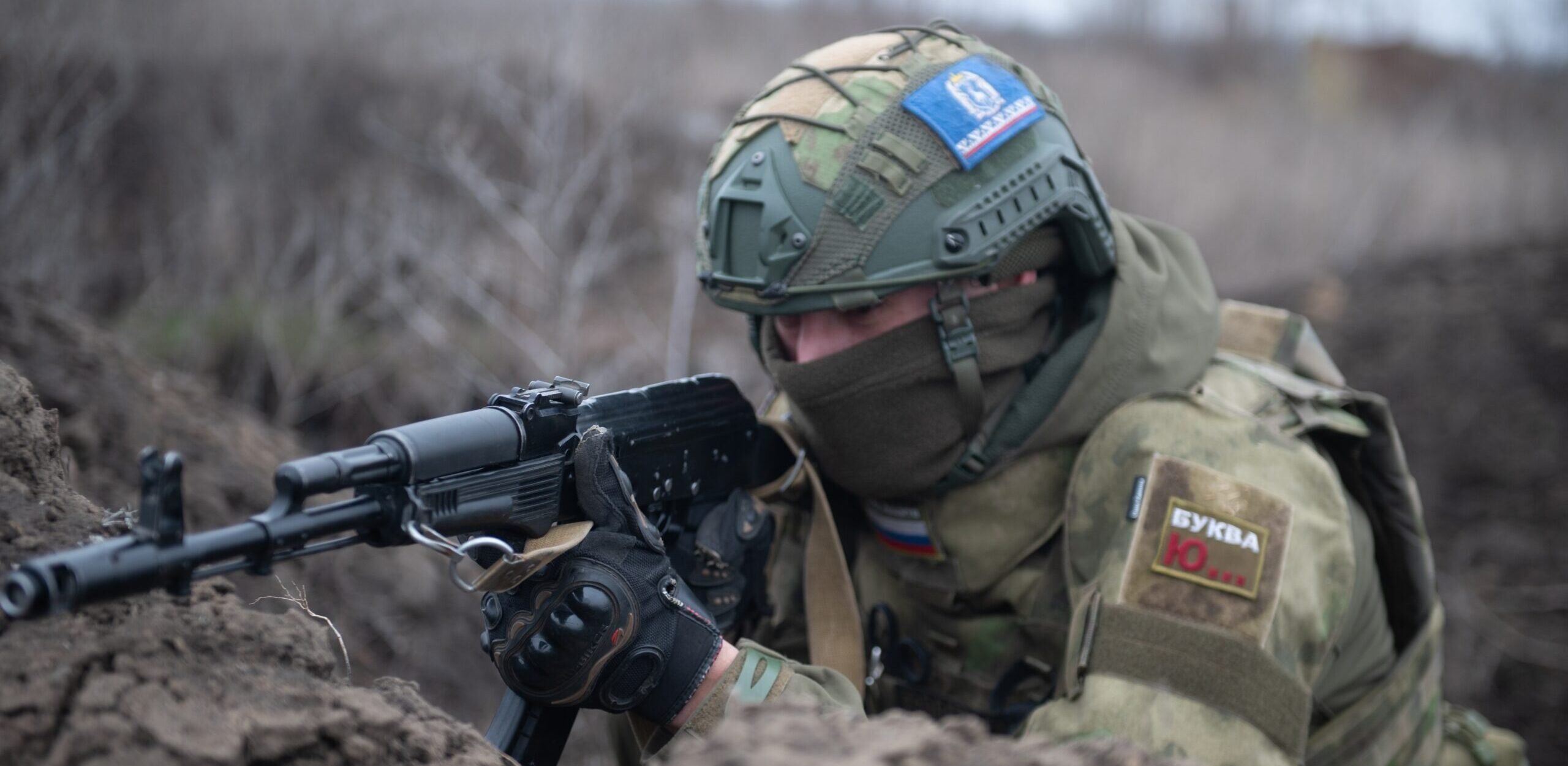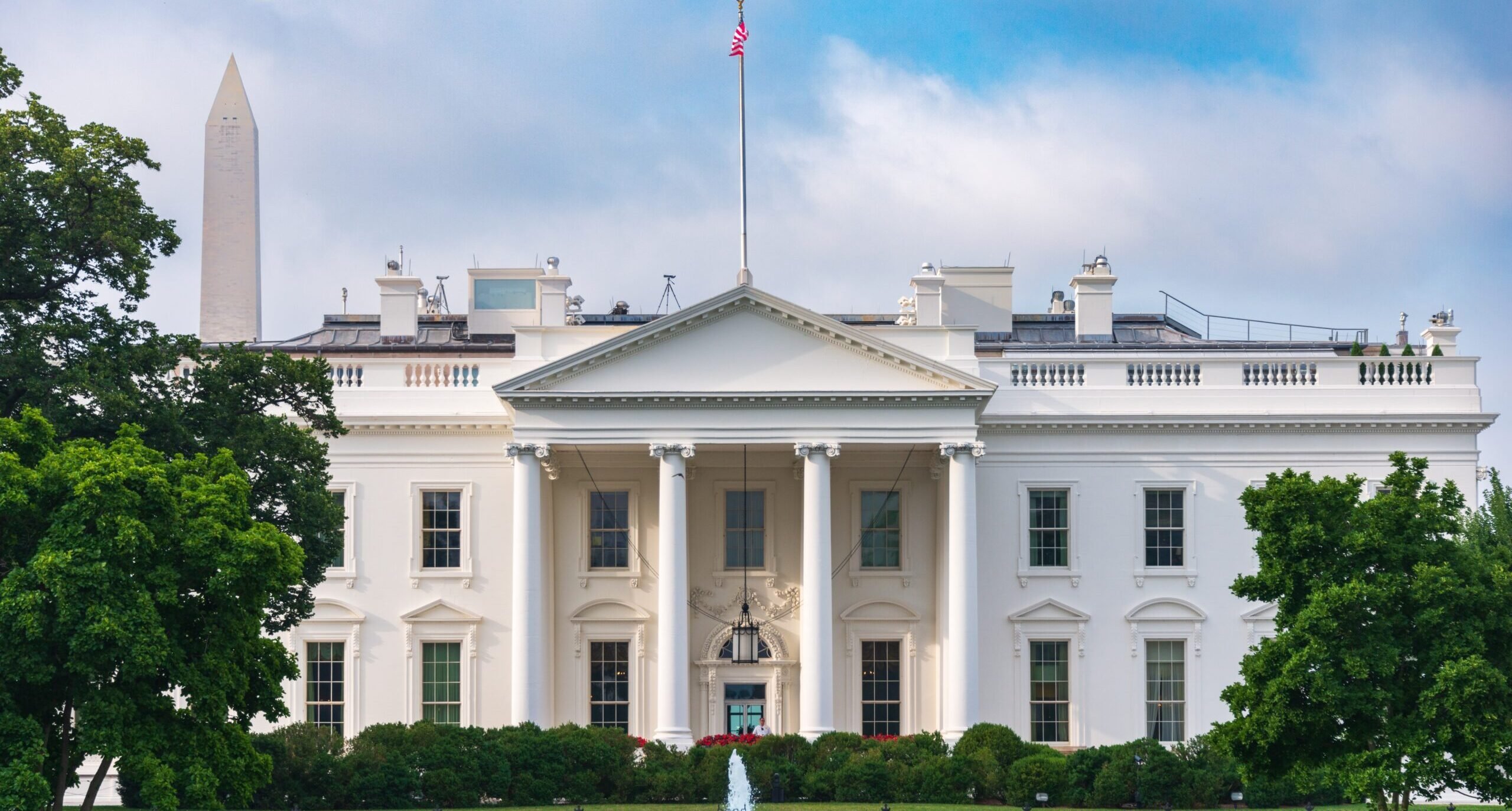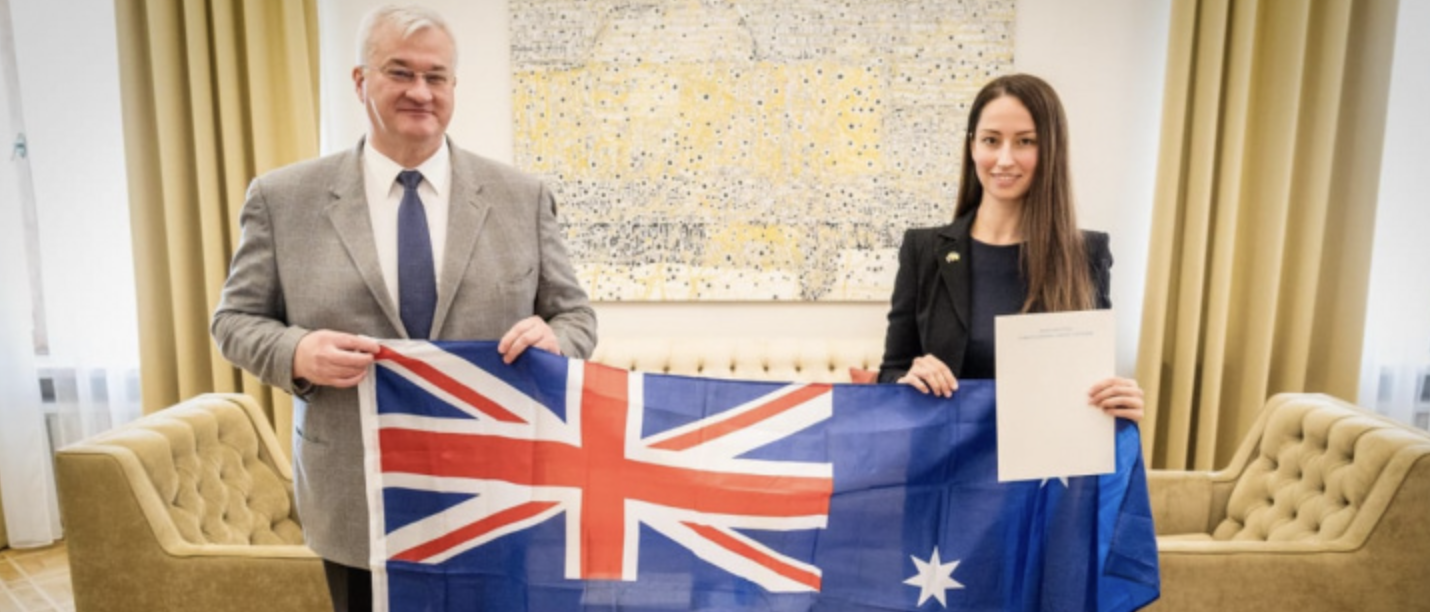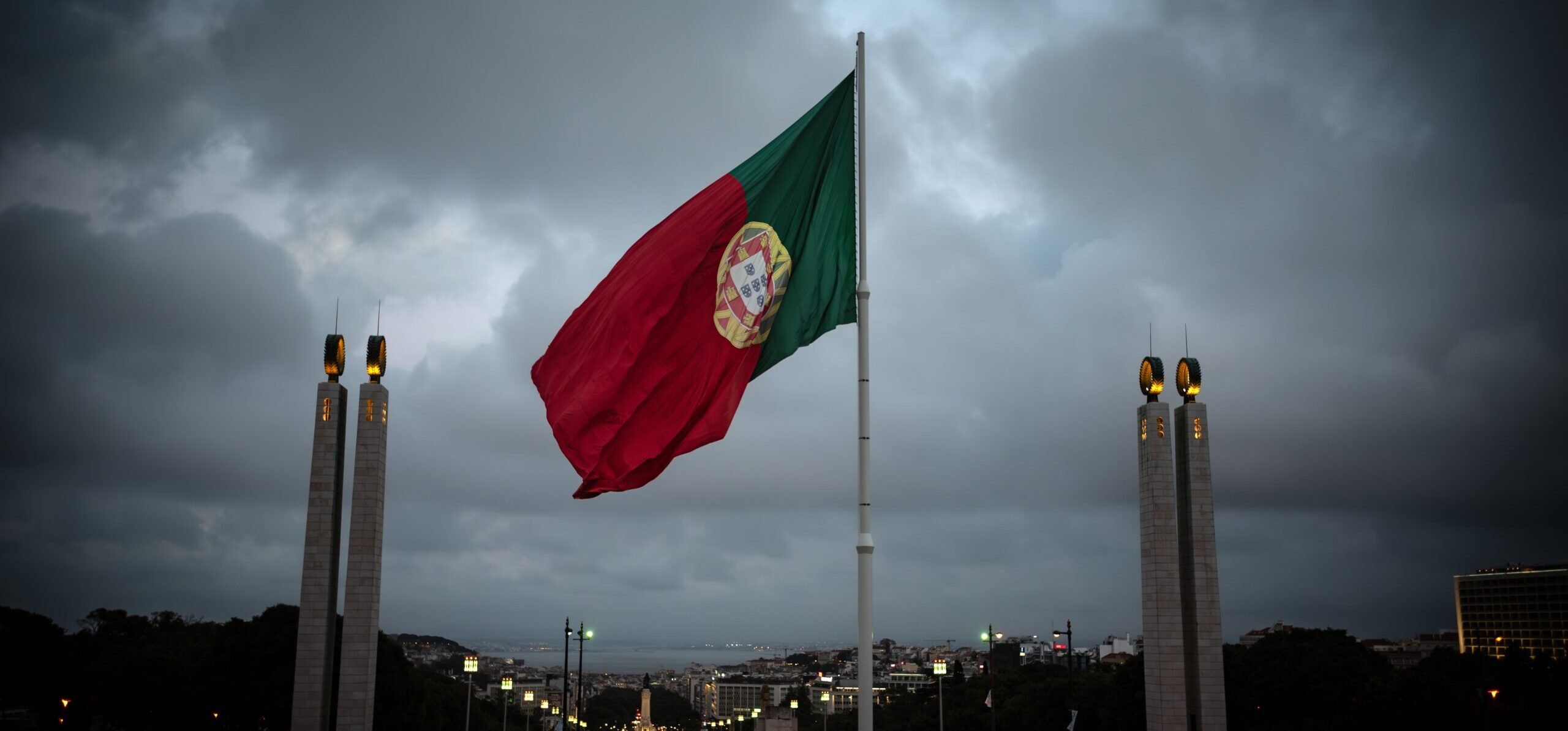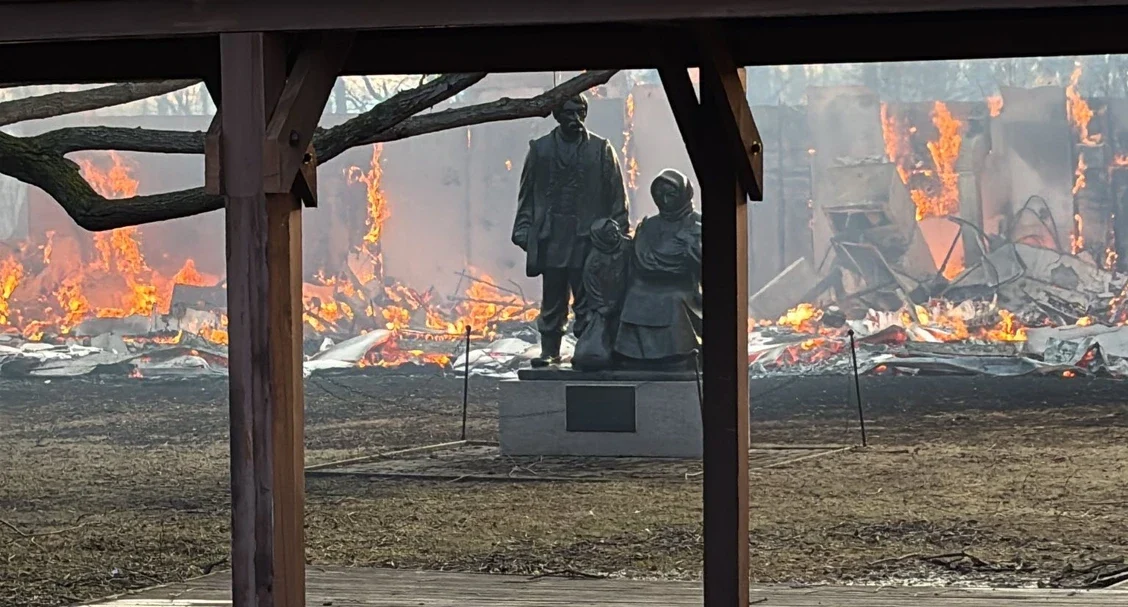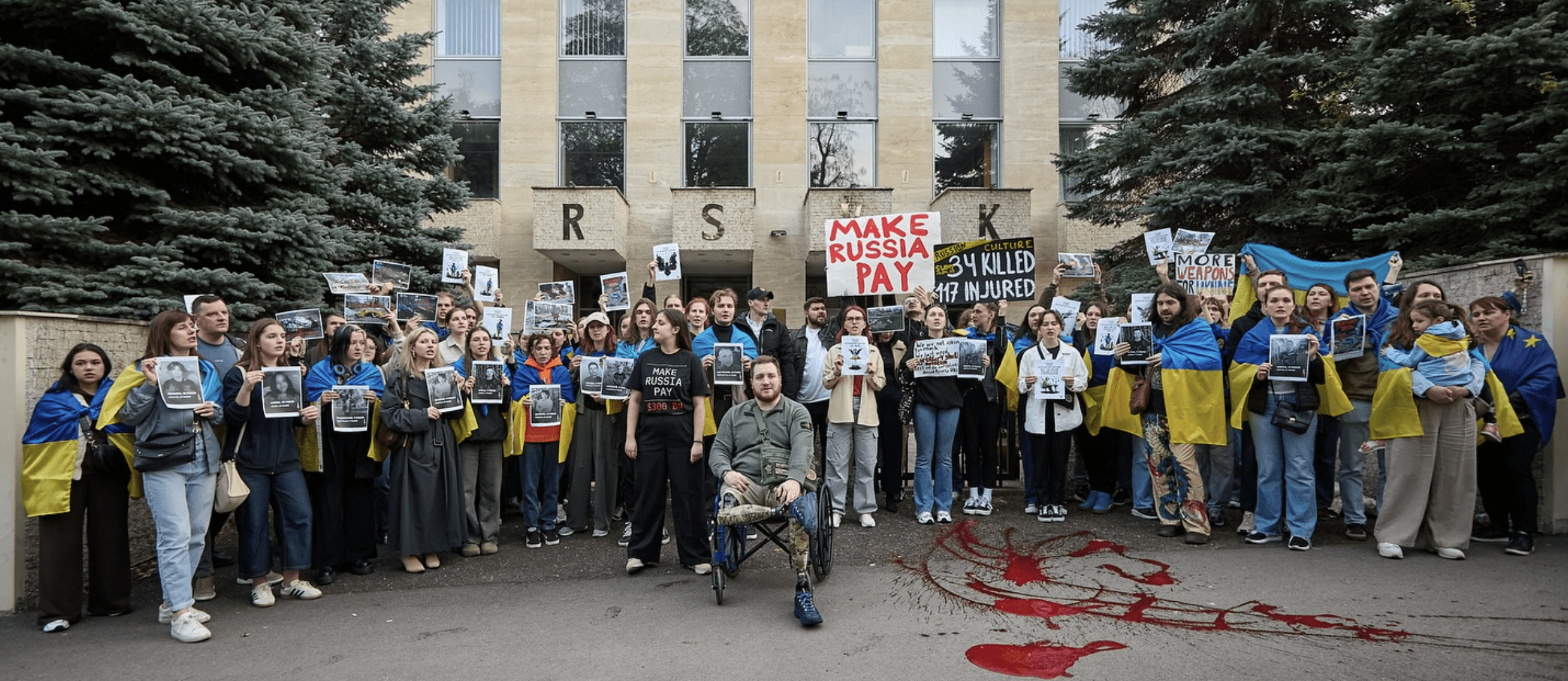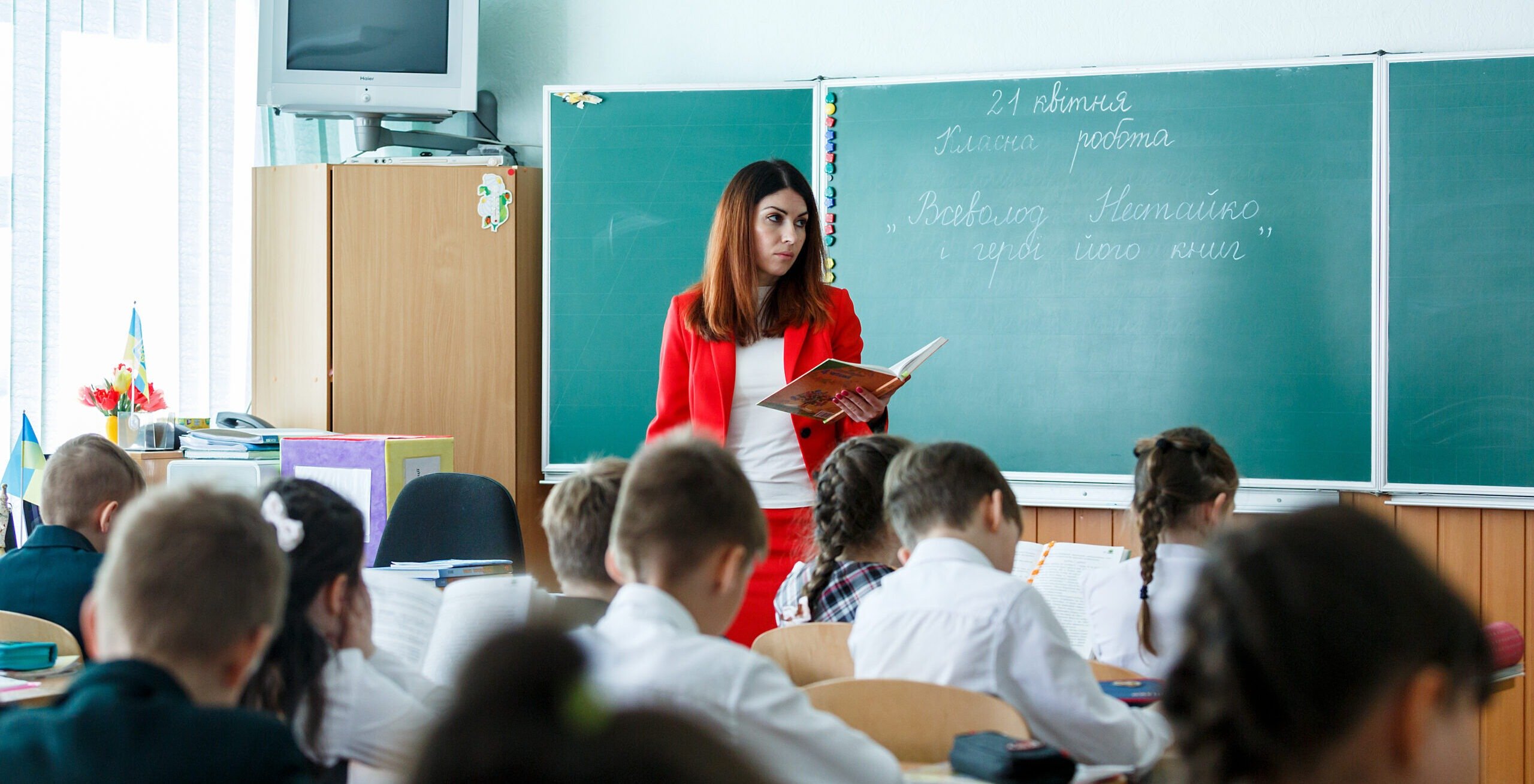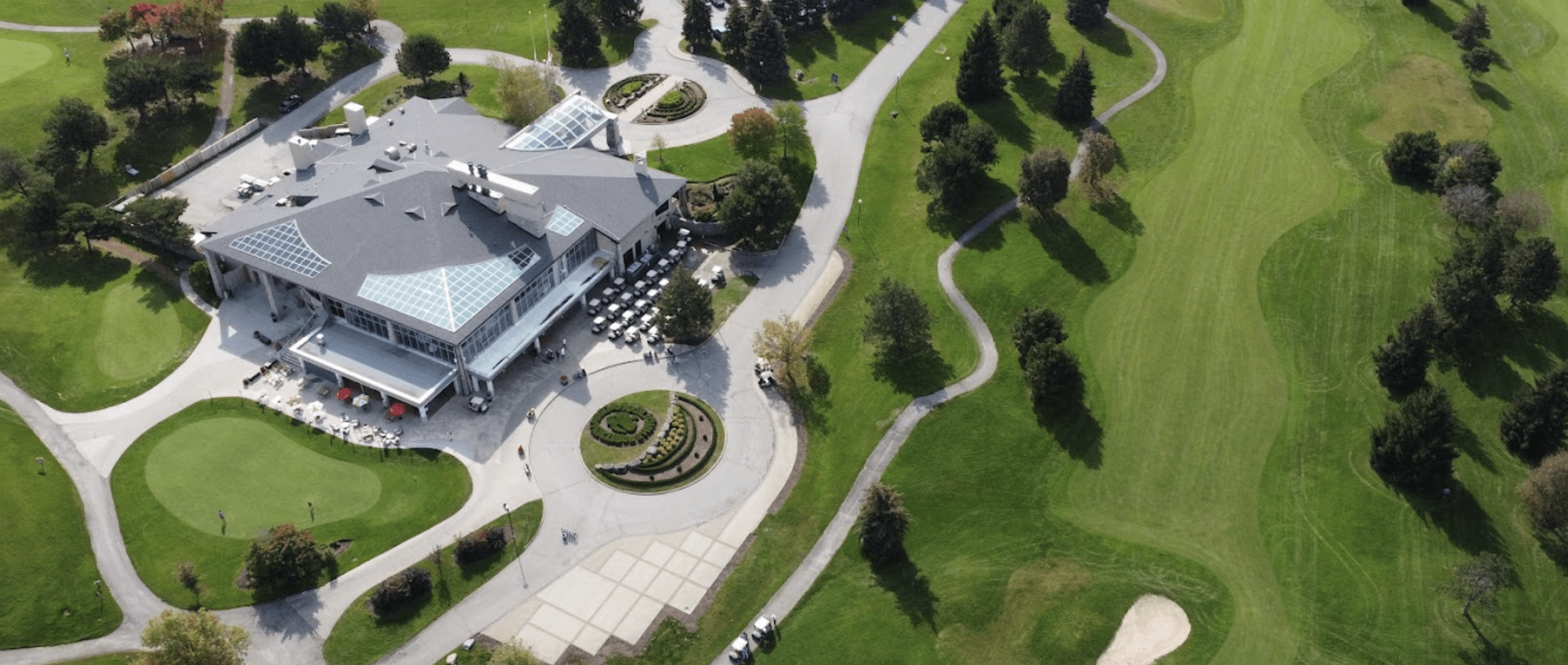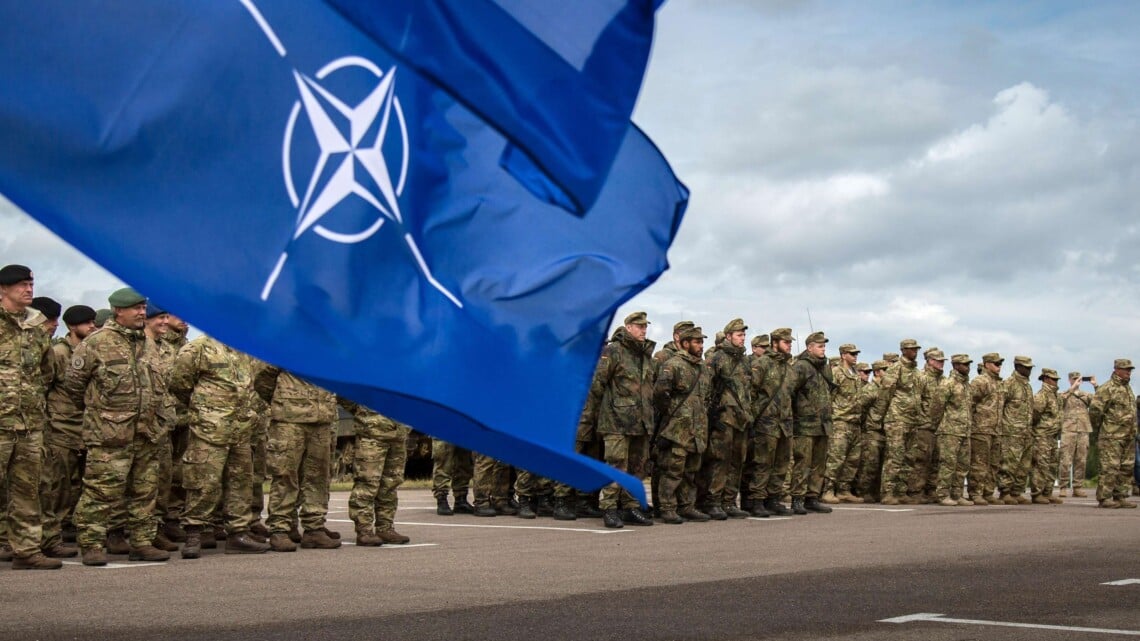
NATO has five to nine years to prepare for a possible Russian attack. An invasion from the Kremlin may take place in the next six years if the war in Ukraine is frozen. The German Council on Foreign Relations (DGAP) published this event analysis, referring to the analytical Center for Security and Defense.
Russia has already transferred its weapons production to military rails. Despite almost two years of war in Ukraine, Moscow’s military potential is greater than it seems, analysts say. Russian ground forces mostly suffered significant losses. Instead, Germany and NATO have limited time to modernize their armed forces so that their deterrent potential exceeds Russian calculations of a successful attack on, for example, NATO countries Lithuania, Latvia, and Estonia, the study added.
The research used data from intelligence sources and the German army. In addition, in early November, German Defense Minister Boris Pistorius presented new guidelines for defense policy to the Bundeswehr and, for the first time, publicly used the word “readiness for war” as the reason for the reorganization of the German forces.
“War returned to Europe with Putin’s brutal attack on Ukraine. … It changed the threat landscape. As the most populous and economically strong country in the center of Europe, Germany should be the basis of deterrence and collective defense in Europe,” Pistorius said.
The basis of the analysis is the probability of freezing the war in Ukraine. Analysts consider this development realistic and say that such a break will allow Russia to restore its ground forces.
Currently, the front in Ukraine has frozen, the authors of the study note. Russia has an advantage in a positional war because it has unlimited artillery, says Austrian military analyst Markus Reisner in an interview with DW. At the same time, Ukraine can succeed only in maneuver warfare, for which it needs the most modern weapons from the West, the expert adds.
In addition, Russia’s war against Ukraine is increasingly dependent on electronic means of warfare. Economic sanctions against Moscow did not prevent the supply of microchips for other high-tech goods. The expert reminds that Russia also has its satellite navigation system for missile guidance. This understanding is also included in the analysis of NATO weapons carried out by the DGAP think tank.
Berlin believes that Russia can quickly rebuild its ground forces with the help of current defense production. “A Russian attack on NATO territory can no longer be ruled out. … This means that the question is no longer whether Germany and NATO need to be ready for war, but only when,” said DGAP analyst Christian Mölling, one of the study’s authors.
Assuming several years of recovery, the Kremlin’s combat power will exceed NATO’s current deterrent potential in the event of a conventional war in Europe, analysts believe.
“Experts and intelligence services say it will take Russia six to ten years to rebuild its army to a level where it can dare to attack NATO,” Mölling adds.
That is, NATO has only five to nine years to rearm enough to repel aggression from Russia, the expert emphasized.
Cover: bmvg.de

